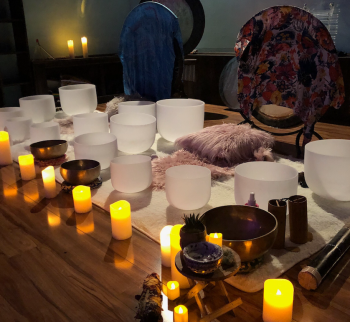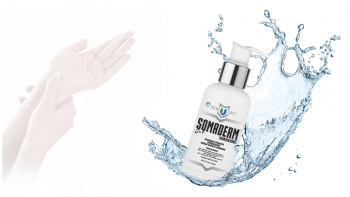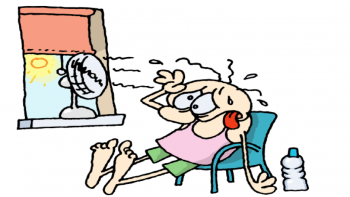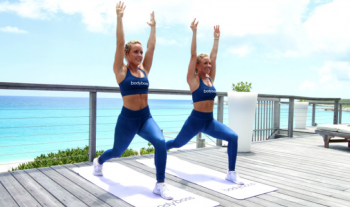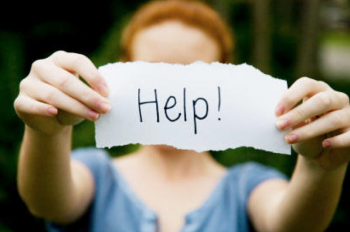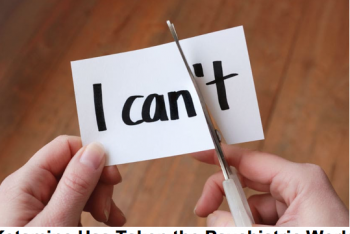WELLNESS-Sleep is essential for our bodies to function. When we can’t get the rest we need, our emotional, mental and physical state can be so profoundly affected that it can be dangerous.
Besides impairing our ability to focus and concentrate, consistent sleep deprivation can lead to serious heart problems. Because good sleep is so crucial to our health, swiftly treating any bouts of insomnia, no matter how brief, is important to avoiding a sleep deficient.
Get out into the sun every day
Lack of time in the sun during the day can lead to insomnia. Serotonin is a neurotransmitter and a precursor to melatonin, also known as the “sleep hormone.” It takes about 12 hours for serotonin to convert to melatonin. Thus if you want great sleep, try to go for a walk for 30-45 minutes in the morning sunlight. You want to avoid wearing anything that would block light to your eyes as they need to be exposed to direct sunlight for your brain to register the light. So, avoid wearing sunglasses, visors or hats, but feel free to wear sunscreen. Also, don’t let overcast days dissuade you. Even when it’s gray outside, you will get the light you need through the cloud cover.
Make it dark
Melatonin is also known as the “darkness hormone” because it is produced when our eyes experience darkness and can be affected by even the smallest amount of light. Though light suppresses melatonin, it increases cortisol, a stress hormone that tells us to wake up and stay alert. Cortisol and melatonin work against each other for our benefit. We want melatonin to be high to put us asleep and low when we are awake, and cortisol to be low when we are asleep and high to wake us up and to stay awake.
One of the best ways to encourage melatonin production is to begin to reduce your light consumption in the early evening. When we decrease our exposure to light in the evening, we tell our bodies that sleep is coming. Besides using less light at night, avoiding the blue light emissions from electronic screens is key and eye masks are an easy and inexpensive way to block light when you are in bed.
Take a natural sleep aid
When jetlag, stress or sickness has disturbed your sleep pattern there are natural remedies that can help reset your internal clock. Instead of reaching for pharmaceutical chemicals like allergy meds and cough syrup to knock you out, try taking some melatonin, valerian root and magnesium. These tried and true sleep aids are backed by science and easy on the body.
Go to bed early
From controlling weight to improving skin appearance, going to bed by 10pm is good for your body. When we sleep, our brains experiences both non-rapid eye movement (non-REM) in the early part of the night to rapid eye movement (REM) that happens closer to sunrise. Both types of sleep are important but non-REM sleep is more restorative. When we honor our natural circadian rhythms by going to bed between 9am-11pm and waking 5am-7am, we wake up feeling refreshed and rejuvenated.
Practice good sleep hygiene
Basically, strive for a cave-like environment: dark, cool and quiet. It’s nearly impossible to sleep in a room that is too hot or too cold and for good reason. Our bodies thermoregulate to keep us alive. When we are falling asleep, our body temperature naturally drops in order to conserve energy, thus the need for a blanket. The best temperature to sleep at is between 60-67 degrees Fahrenheit.
(Erika Long loves corgis, curry and comedy. Always searching for the next great snuggle, flavor or laugh, she inspires people to live their best life now. When not writing, Erika can be found at her local brewery dominating Harry Potter trivia night.)
-cw

















